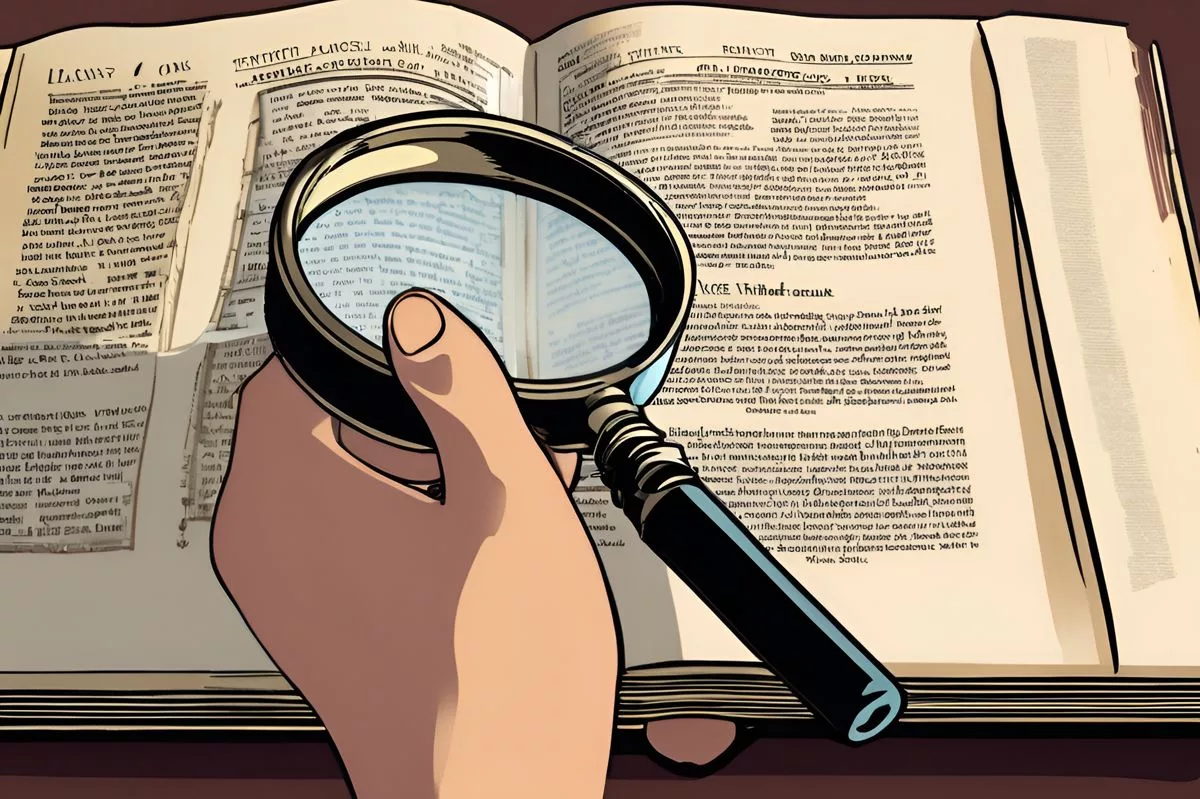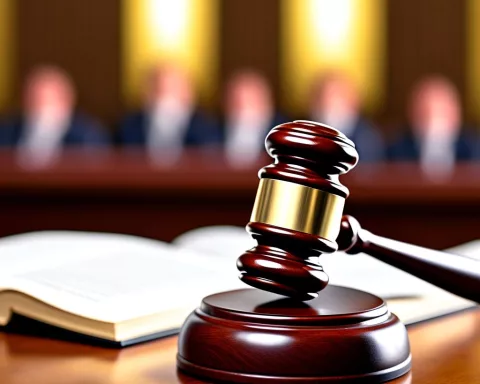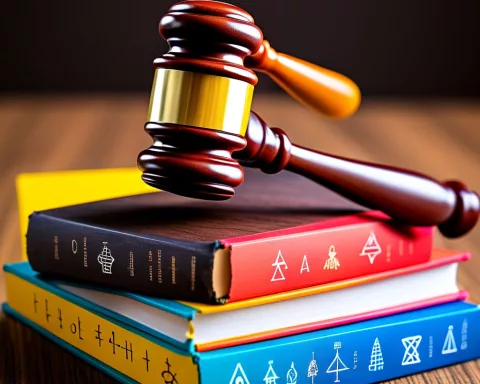In South Africa, a committee has shortlisted eight candidates for the position of Deputy Public Protector (DPP), a crucial role in the country’s justice system. The committee received 44 applications and nominations, evaluated the candidates thoroughly, and selected those with the high-level qualifications necessary for the position. The public was also involved in the selection process, with the committee sharing the list of nominees on the Parliament’s website for feedback. The selection process will be further detailed and aimed at choosing the most suitable candidate for the role.
How many candidates have been shortlisted for the position of Deputy Public Protector in South Africa?
Eight candidates have been shortlisted for the position of Deputy Public Protector in South Africa. The Committee for Justice and Correctional Services in the South African Parliament released the names of the candidates on 28th February 2024, following a thorough evaluation of the 44 applicants and nominees.
The Committee for Justice and Correctional Services in the South African Parliament released the names of eight candidates shortlisted for the crucial position of Deputy Public Protector (DPP) on 28th February 2024. A significant milestone in the selection process, Mr Bulelani Magwanishe, the Committee Chairperson, made this important announcement.
The shortlisting process followed a vacancy created the previous year when the existing DPP got promoted to the position of Public Protector (PP). Initially, the committee received 46 applications and nominations for the role of DPP, however, two candidates withdrew their candidature, bringing the number down to 44. Following a thorough evaluation, the Committee zeroed in on eight candidates possessing the high-level qualifications necessary for the position.
These candidates came with impressive qualifications and wide-ranging legal expertise. The list included Adv S Tebeile, Adv TA Bunguzana, Adv AV Mavhidula, Adv TS Thipanyane, Adv S Moloshe, Ms P Mokgaladi, Ms L Mkhize and Adv M Marriot. Mr Magwanishe confirmed that these candidates would undergo further screening tests to confirm their suitability for the role.
Engaging the Public in the Candidate Selection Process
In pursuit of transparency and to involve the public in this critical procedure, the committee publicly shared the list of nominees on the Parliament’s website. This step enabled the public to provide feedback on the candidates, thus reinforcing the democratic principles on which the selection process relies.
The DPP, an essential part of the South African justice system, is appointed by the President based on the recommendation of the National Assembly. The President determines the DPP’s tenure, which cannot exceed seven years. Nevertheless, a sitting DPP could be considered for a second term. The position is not only prestigious but also well-remunerated, with an annual salary of R1 924 542.
Qualifications and Eligibility for the DPP Role
The eligibility criteria for the DPP position are stringent, requiring both professional ability and personal integrity. The candidate should be a South African citizen, of good character, and possess a comprehensive legal background. This entails being admitted as an advocate or an attorney with a minimum of ten years of practice, or having lectured law at a university for an equivalent duration. In addition, candidates with specialized knowledge or experience in areas like the administration of justice, public administration or public finance, or those who have served as members of Parliament for at least ten years, are also considered eligible.
Moving Forward in the Selection Process
The selection process that follows will be thorough and detail-oriented, aimed at selecting the most suitable candidate. The process reflects the critical role that the DPP plays in upholding the rule of law, justice, and the public interests in South Africa. It emphasizes the commitment to choose an individual of exceptional capacity, prepared to face the challenges that this position will surely pose. The selection of the DPP will not only shape the future of the justice system but will also significantly influence the democratic values of transparency, integrity, and accountability that South Africa cherishes.
What is the selection process for the Deputy Public Protector in South Africa?
The selection process for the Deputy Public Protector in South Africa involves a thorough evaluation of candidates’ qualifications and personal integrity. The Committee for Justice and Correctional Services shortlisted eight candidates from 44 applicants and nominees. The public was also involved in the process, with the committee publicly sharing the list of nominees on the Parliament’s website for feedback. The selection process will now focus on choosing the most suitable candidate for the role.
What are the eligibility criteria for the DPP role in South Africa?
The eligibility criteria for the Deputy Public Protector (DPP) role in South Africa are stringent. The candidate must be a South African citizen, of good character, and possess a comprehensive legal background. This entails being admitted as an advocate or an attorney with a minimum of ten years of practice or having lectured law at a university for an equivalent duration. In addition, candidates with specialized knowledge or experience in areas like the administration of justice, public administration or public finance, or those who have served as members of Parliament for at least ten years, are also considered eligible.
What is the role of the Deputy Public Protector in South Africa?
The Deputy Public Protector (DPP) is a crucial role in the South African justice system. The DPP is responsible for investigating complaints and allegations of improper conduct against state institutions or officials, including the President and members of the Executive. The DPP also plays an essential role in promoting transparency, accountability, and the rule of law in the country.
How is the DPP appointed in South Africa?
The Deputy Public Protector (DPP) in South Africa is appointed by the President based on the recommendation of the National Assembly. The President determines the DPP’s tenure, which cannot exceed seven years. Nevertheless, a sitting DPP could be considered for a second term.
What is the salary of the Deputy Public Protector in South Africa?
The position of Deputy Public Protector in South Africa is not only prestigious but also well-remunerated, with an annual salary of R1 924 542.
What is the significance of involving the public in the candidate selection process for the Deputy Public Protector in South Africa?
Involving the public in the candidate selection process for the Deputy Public Protector (DPP) in South Africa reinforces the democratic principles on which the selection process relies. It promotes transparency and accountability and ensures that the public has a say in the selection of an individual who will play a crucial role in upholding the rule of law, justice, and the public interests in the country.












